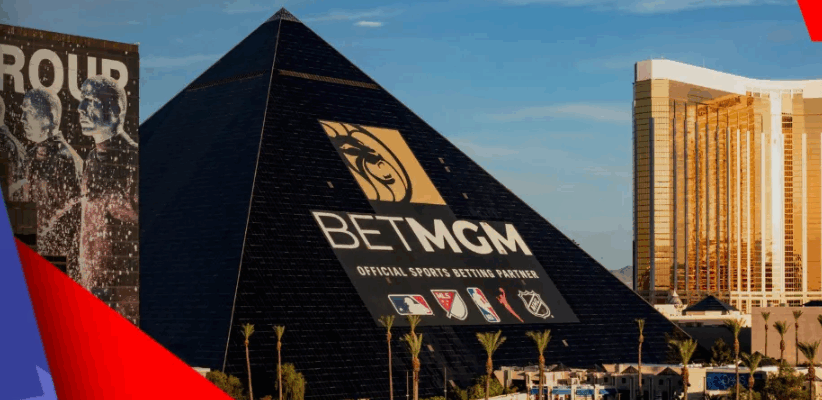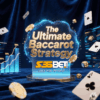In a sharp rebuke during BetMGM’s Q2 earnings call, CEO Adam Greenblatt openly criticized sweepstakes-based gambling platforms and emerging prediction markets, calling them a threat to licensed operators and fair market competition. As regulatory tensions rise across U.S. states, the fight for control of the rapidly evolving online betting space is intensifying.
BetMGM CEO Slams Sweepstakes Model as Regulatory Tensions Escalate

A Financial High with Industry Frustration
BetMGM reported robust second-quarter earnings and raised its full-year revenue guidance to $2.7 billion or more, yet CEO Adam Greenblatt’s tone was anything but celebratory. During the Q&A session, he directly addressed what many licensed operators perceive as a growing industry crisis: regulatory loopholes exploited by sweepstakes casinos and event-based prediction platforms.
“We believe sweepstakes models are essentially illegal iGaming,” Greenblatt stated bluntly,
“They harm licensed operators, reduce tax revenues for states, and offer inadequate protections for players.”
Sweepstakes Casinos Under Siege
Once considered a clever interpretation of promotional laws, sweepstakes casinos have ballooned into a multibillion-dollar industry by using dual-currency models and “no purchase necessary” clauses to operate in states where real-money iGaming is banned.
Regulators are now cracking down:
- Montana will implement a full ban by October 2025
- Connecticut and Louisiana have followed with restrictions
- Michigan and Washington have issued cease-and-desist letters to major operators
Under mounting legal pressure, VGW Holdings, a key player in the space, has already withdrawn from multiple U.S. states.
Prediction Markets: A New Regulatory Frontier
As sweepstakes platforms face legal blowback, prediction markets—like Kalshi and Polymarket—are gaining traction under the protection of federal commodity trading laws. These platforms offer users the ability to bet on real-world outcomes such as elections, policy decisions, and even sports, sparking friction between federal and state authorities.
Greenblatt remained cautious but firm:
“We have the capacity—but not the desire—to be first movers here. Thirty-four state attorneys general have made it clear: prediction markets offering sports-related contracts are, in essence, sports betting.”
He warned that liquidity advantages and a lack of skill-based differentiation might lead tech giants like Robinhood or Coinbase to dominate the space.
Legal Ambiguity Breeds Market Instability
While federal courts have at times sided with platforms like Kalshi, states remain fragmented in enforcement, leading to what Greenblatt calls a “regulatory patchwork.”
The data backs the urgency:
- Sweepstakes casinos generated ~$8.5 billion in 2024, surpassing regulated iGaming revenue
- Prediction markets have seen over $3 billion in election-related contract volume
Licensed operators, who spent years obtaining state-level approvals and complying with complex tax regimes, are now watching competitors bypass regulation and capture market share.
A Call for Cohesive Oversight
Greenblatt’s remarks reflect the broader frustration of licensed stakeholders who feel disadvantaged by inconsistent enforcement and unclear boundaries.
“This is no longer theoretical. The market is shifting—and the rules aren’t being applied equally.”
States like Montana have taken bold steps, but others remain largely inactive. This regulatory inconsistency distorts competition, jeopardizing both consumer protection and state tax revenues.
Industry at a Crossroads
The fate of the U.S. gambling ecosystem hinges on whether regulators choose to tighten enforcement or allow “regulatory arbitrage” to redefine the playing field.
As Greenblatt emphasized, this is a fight over fairness, accountability, and the rule of law in an industry undergoing rapid transformation.












